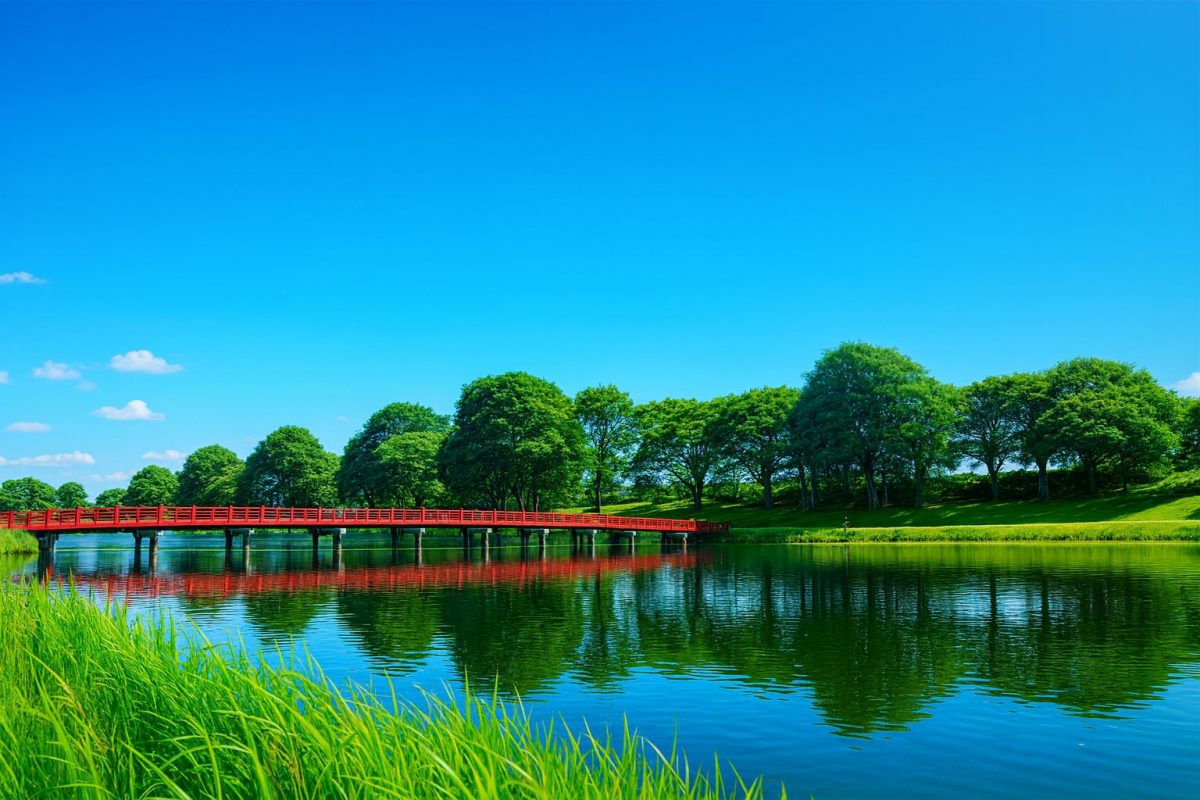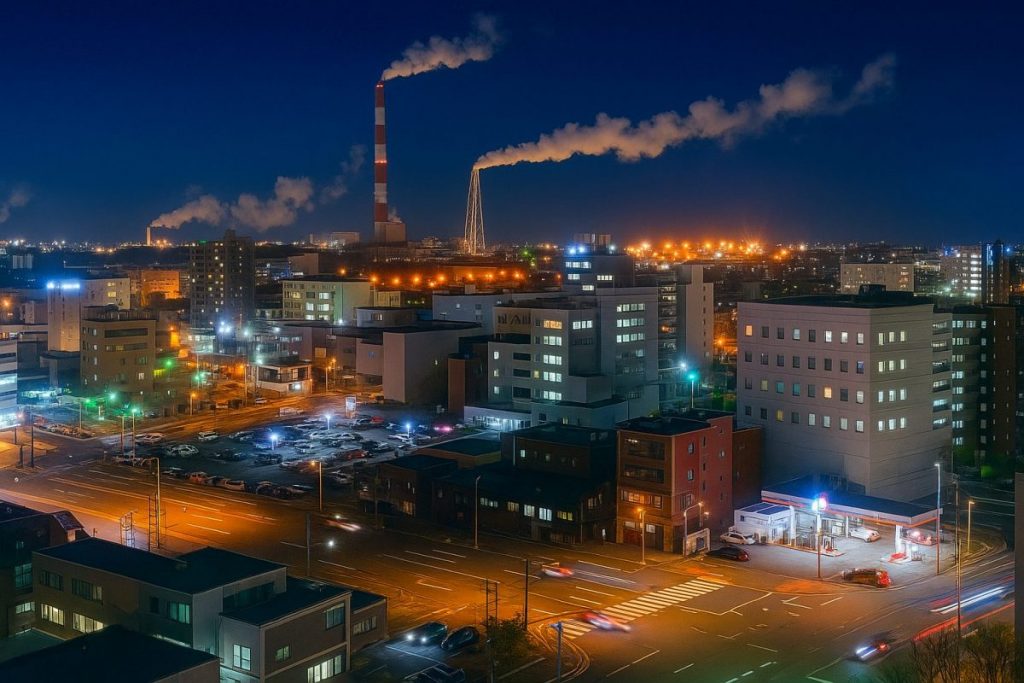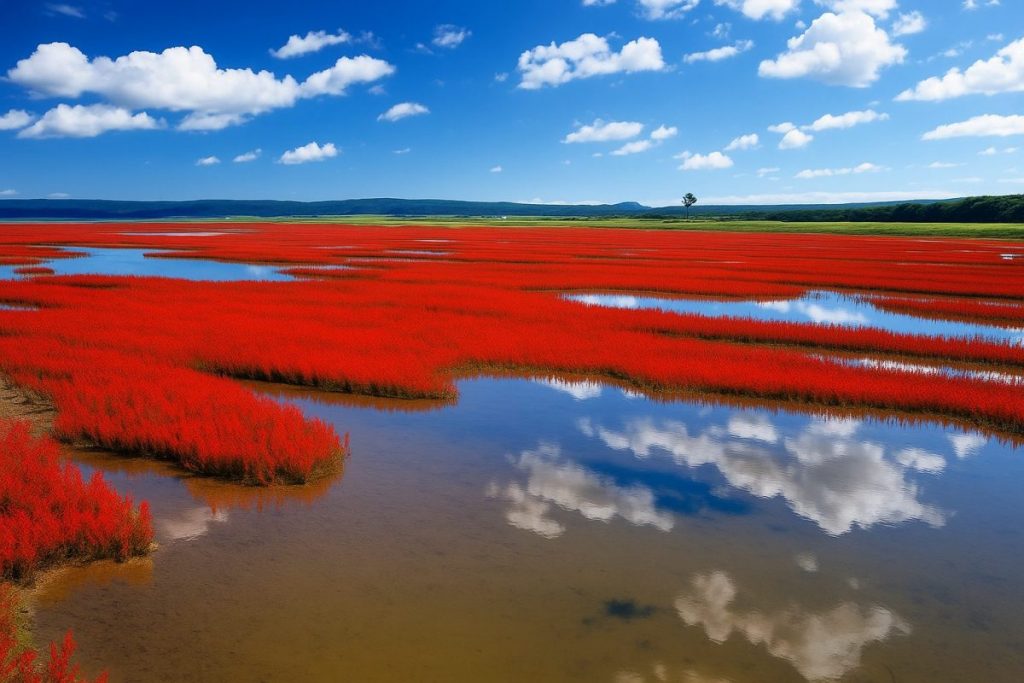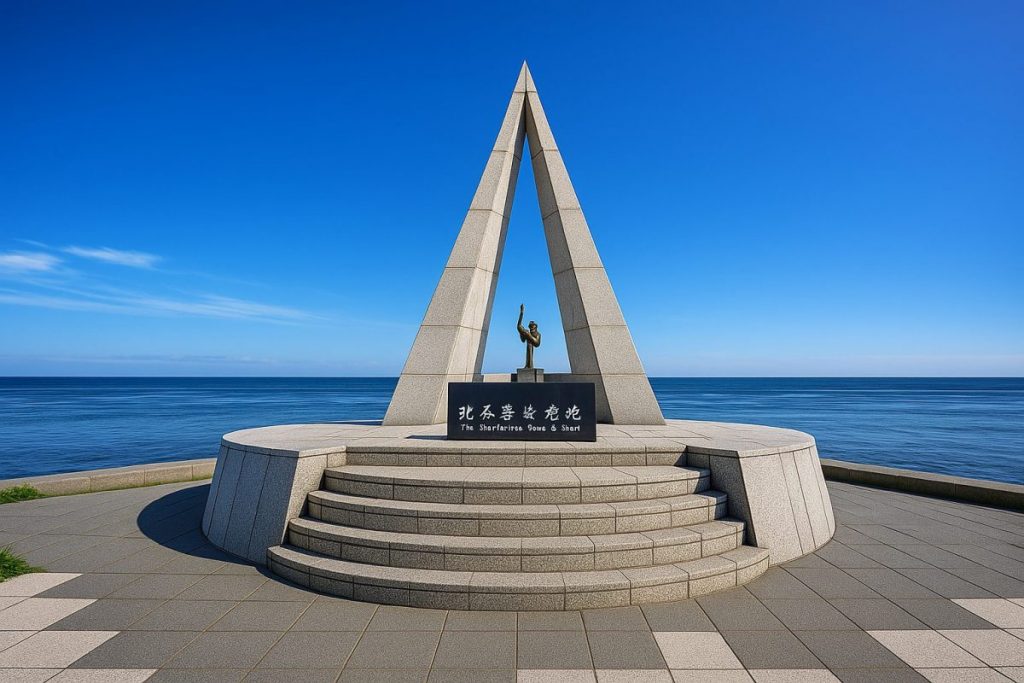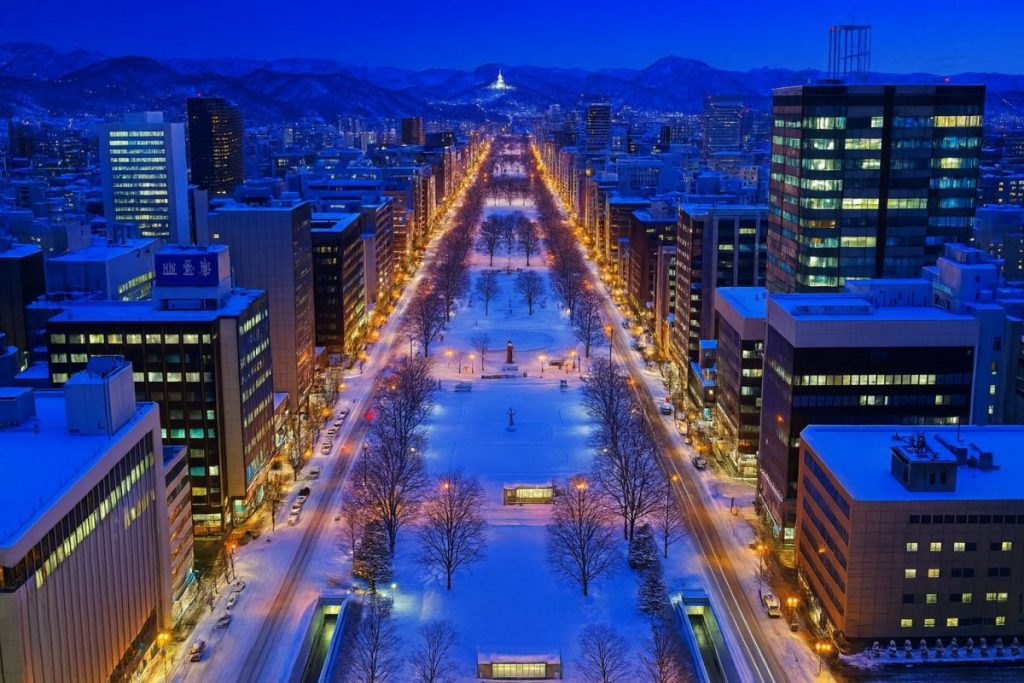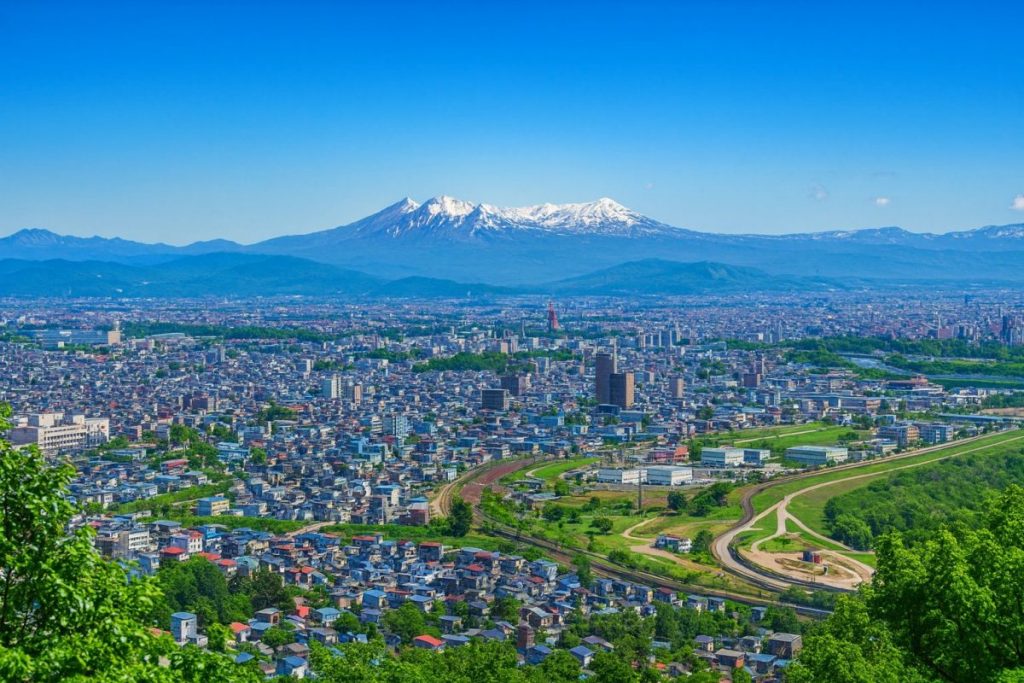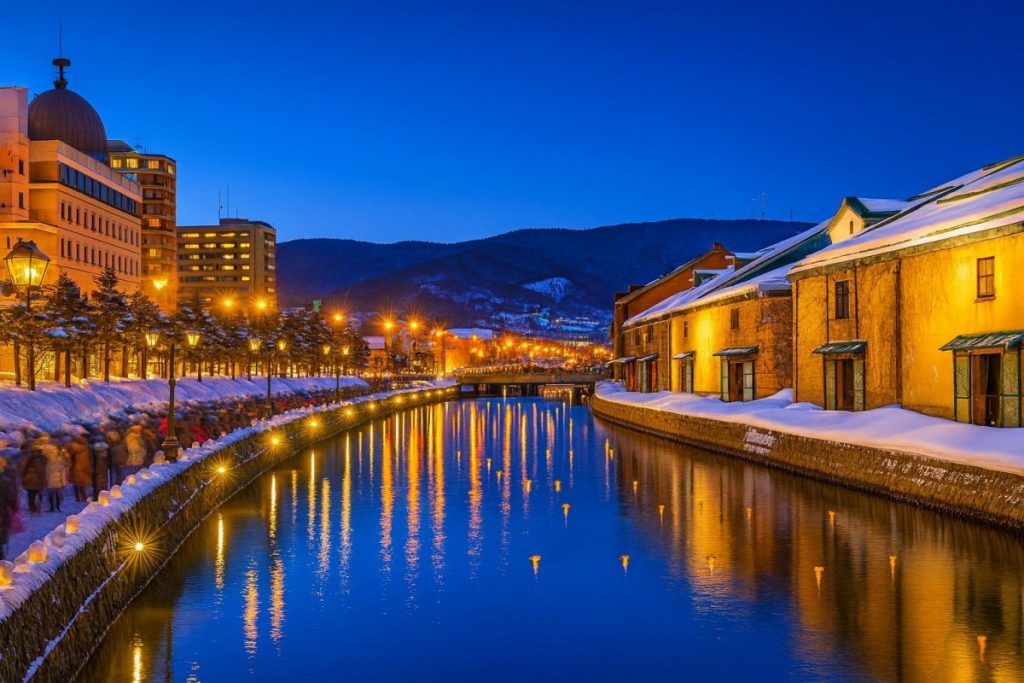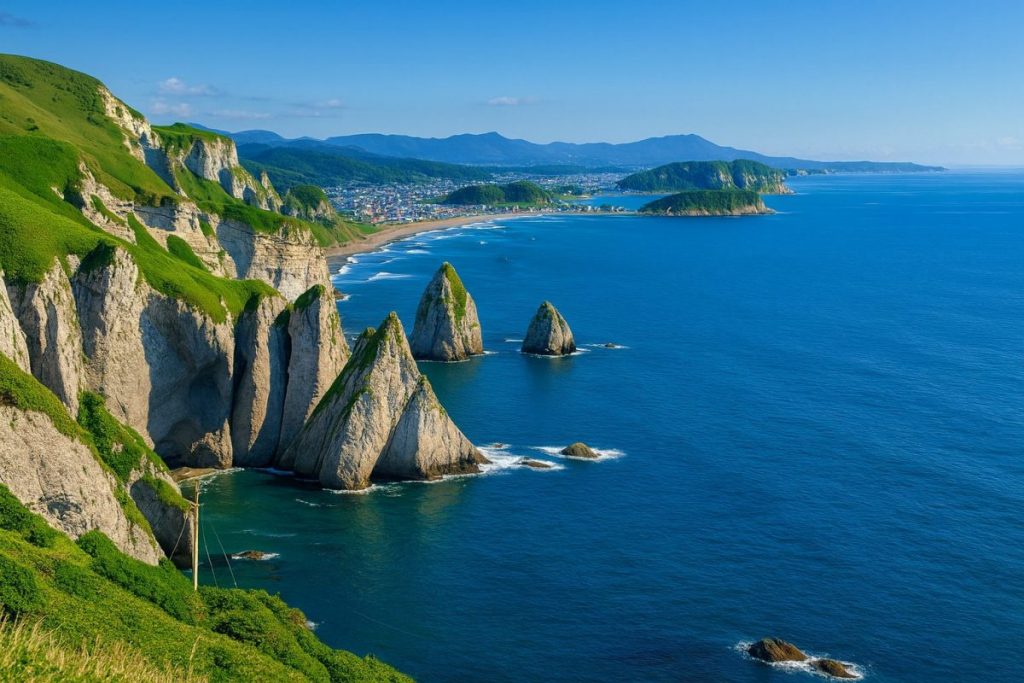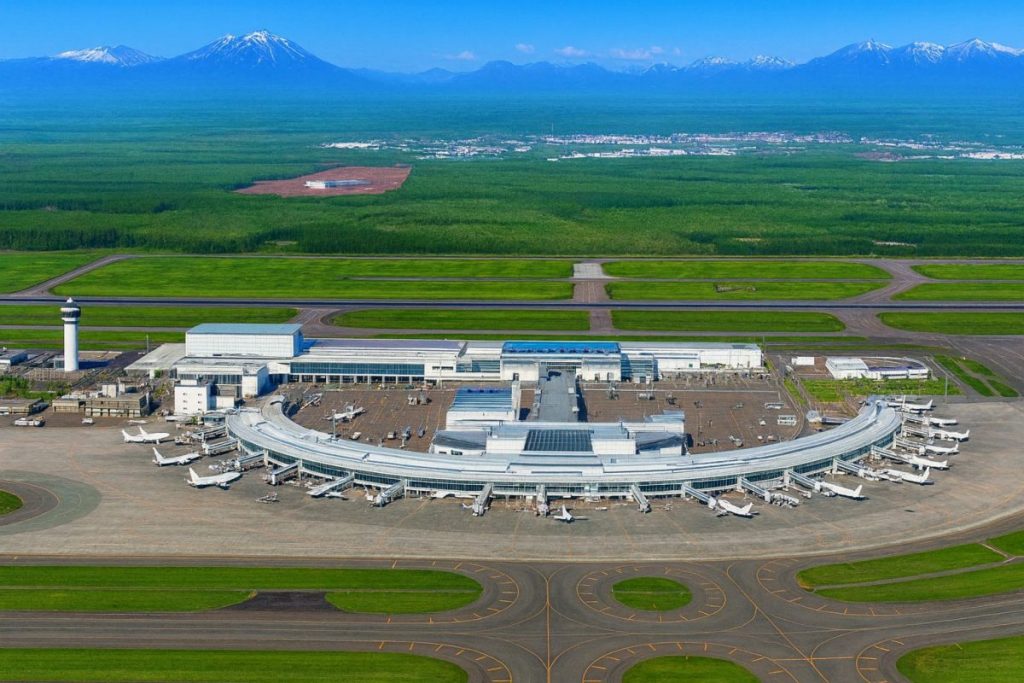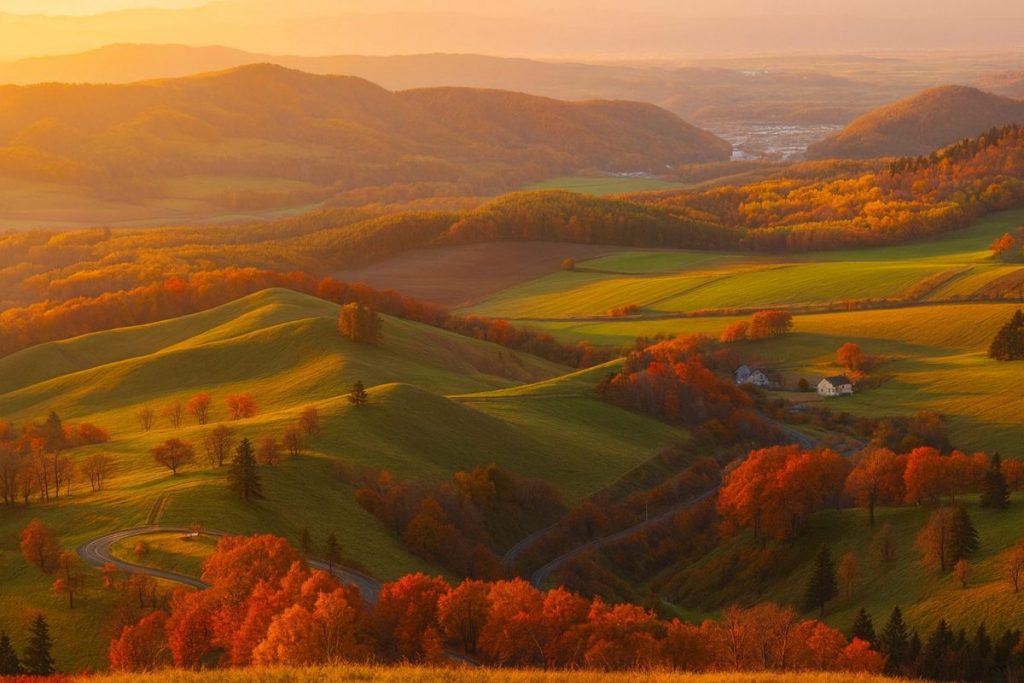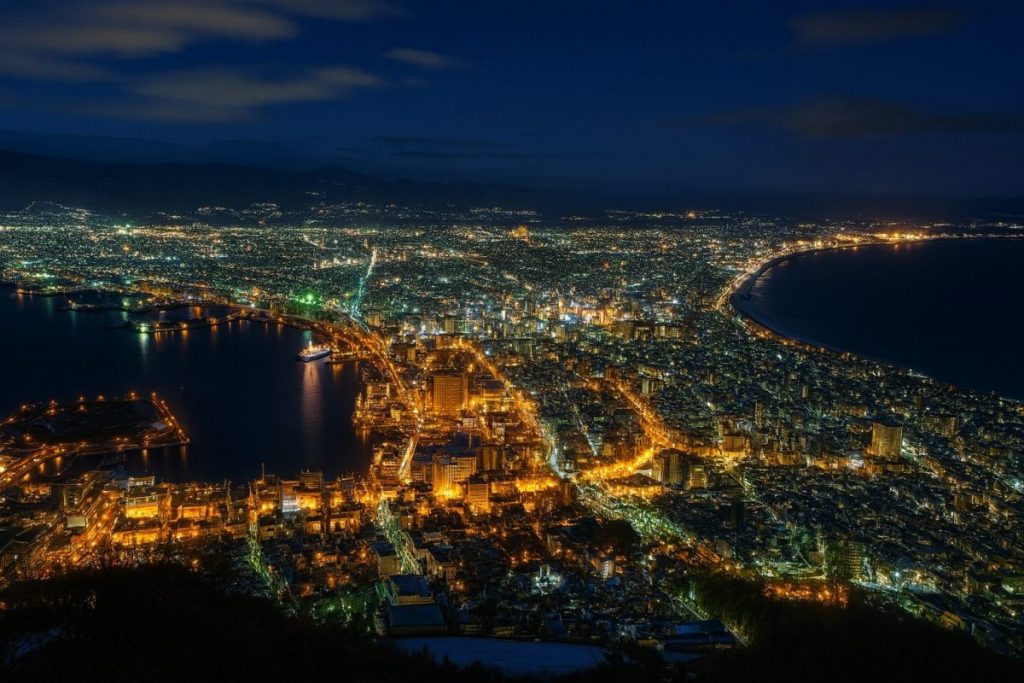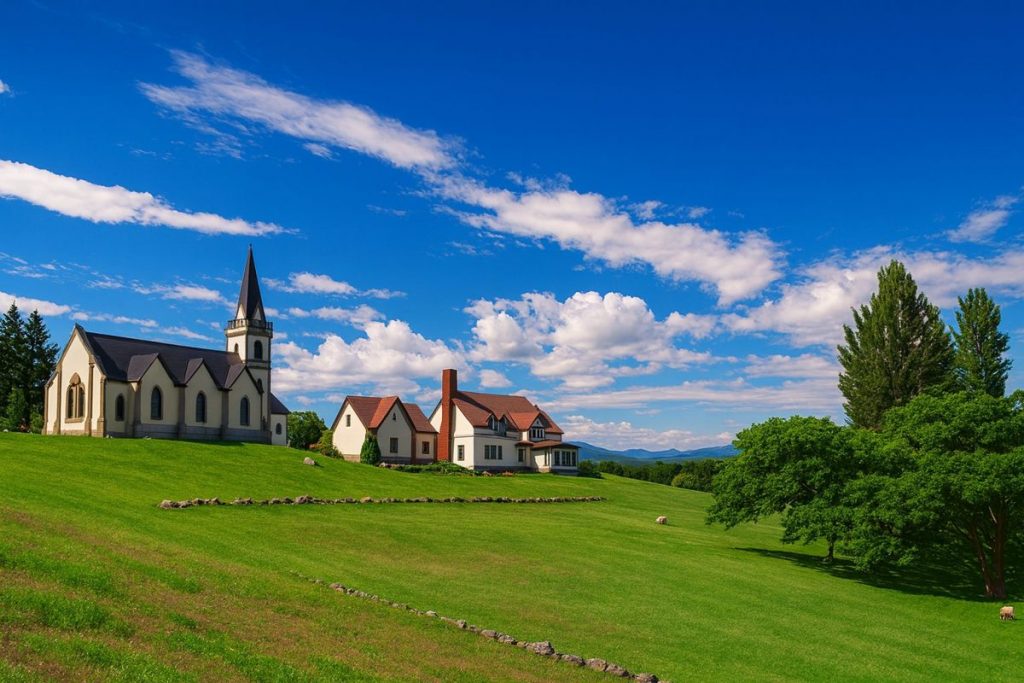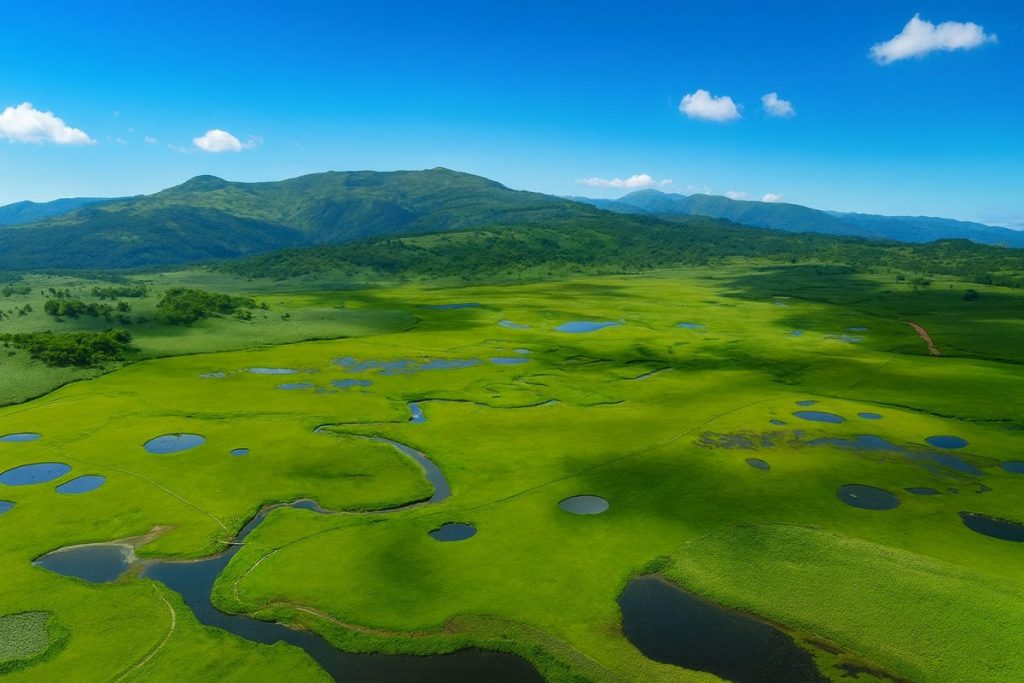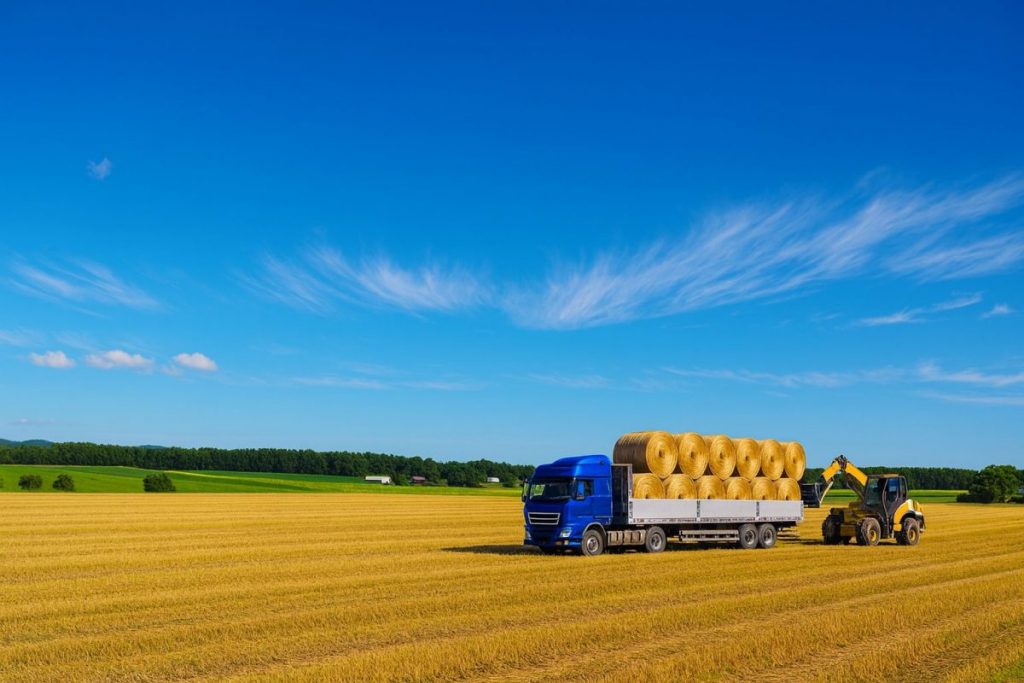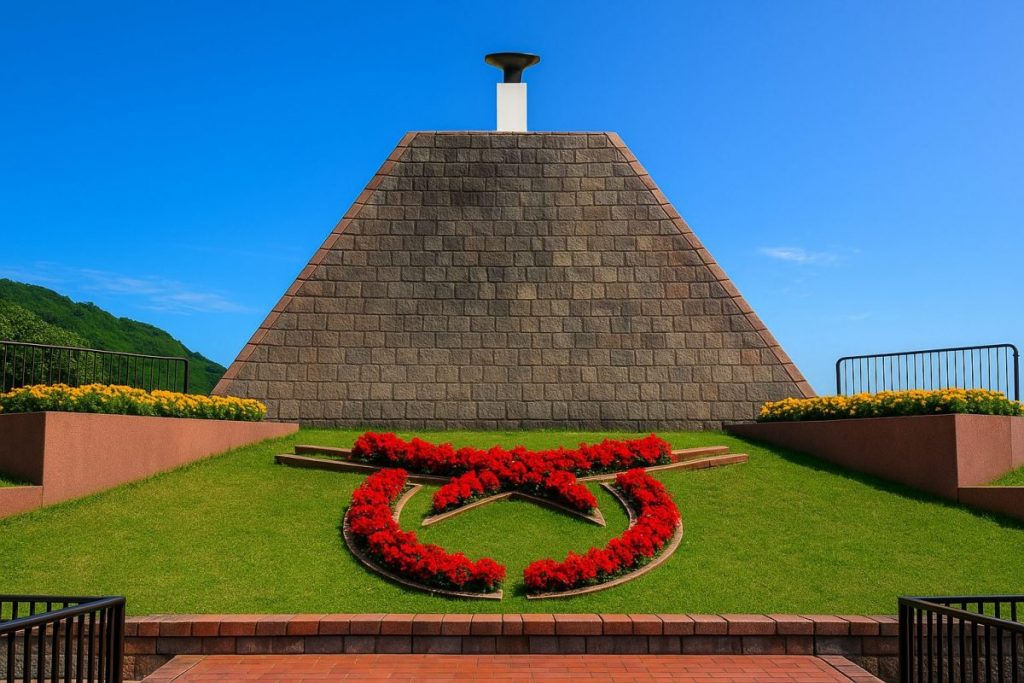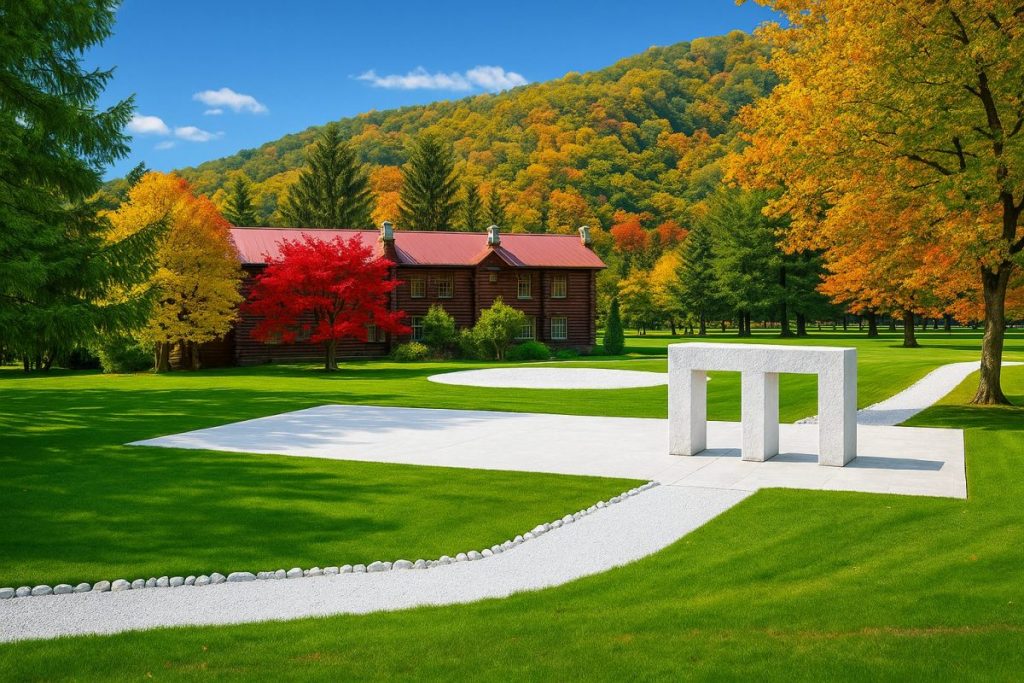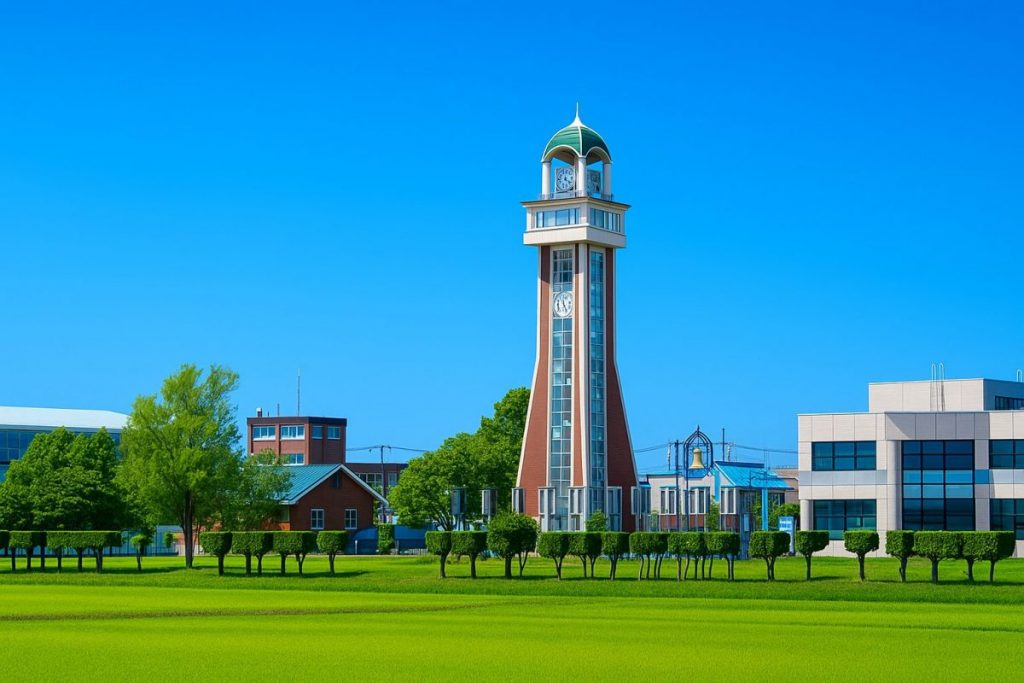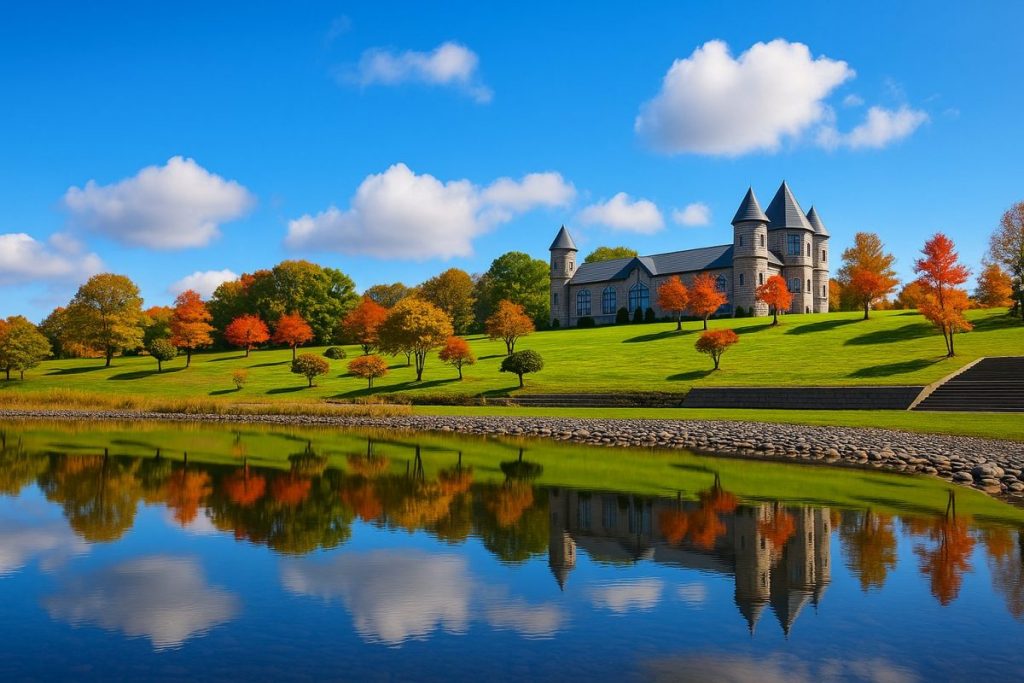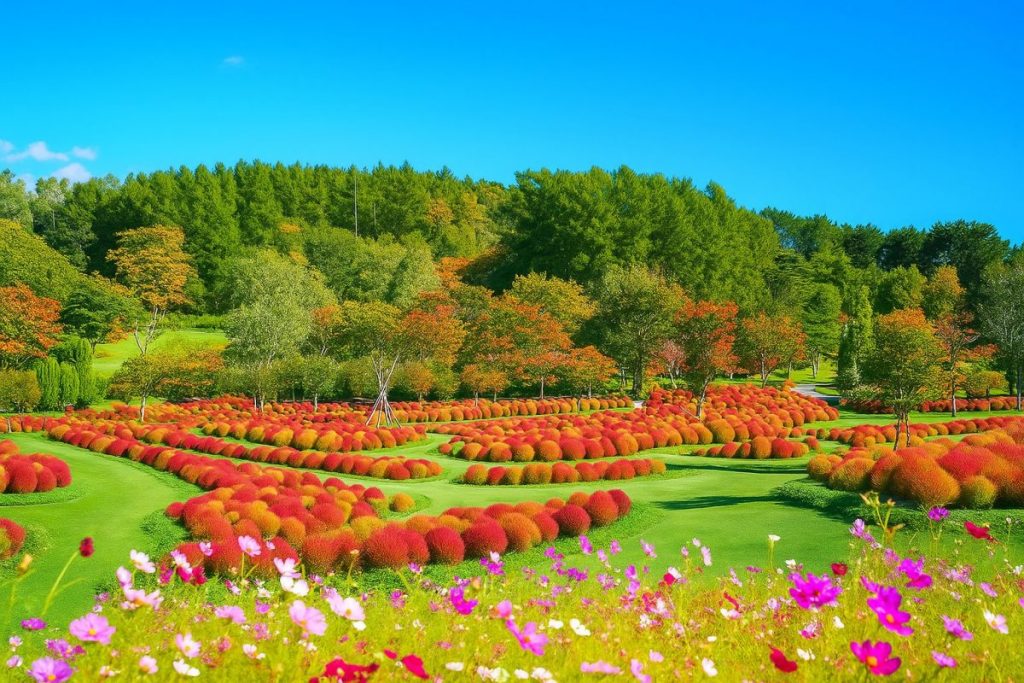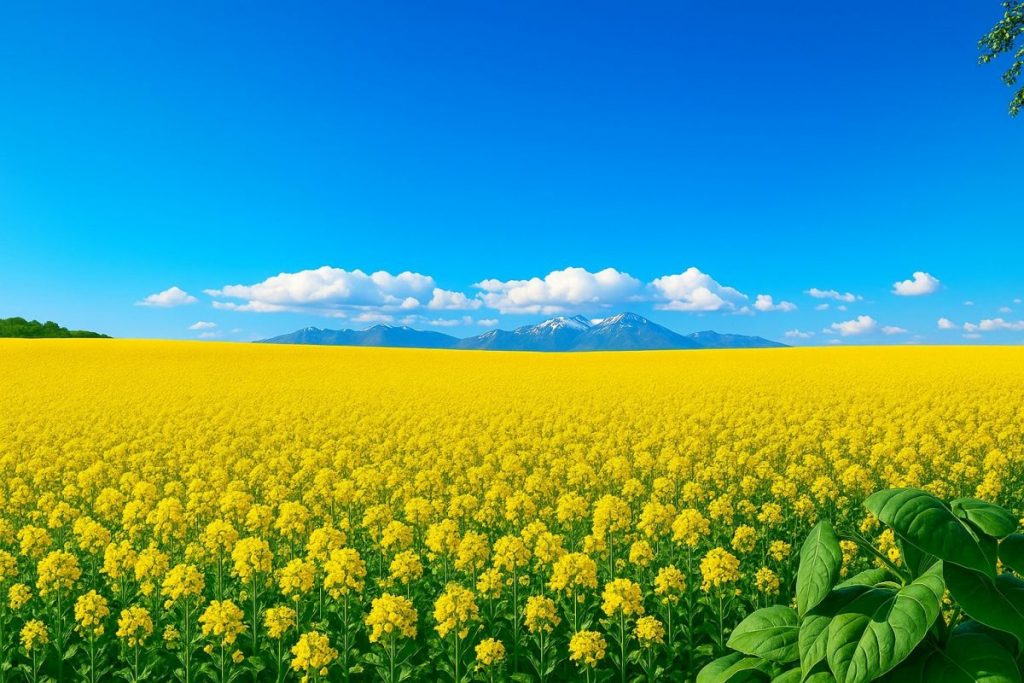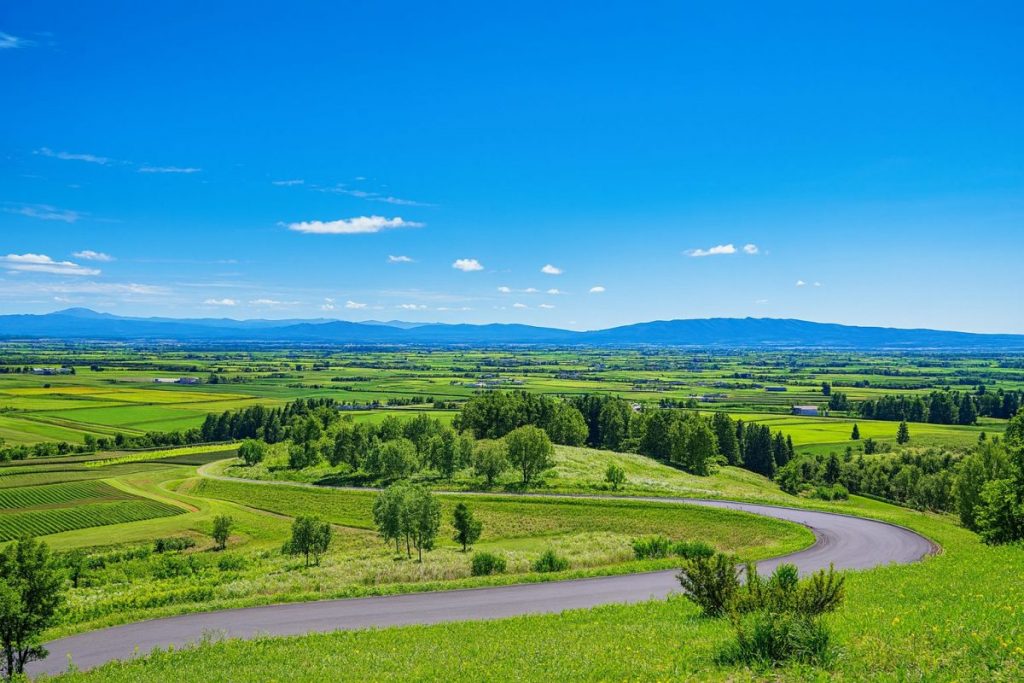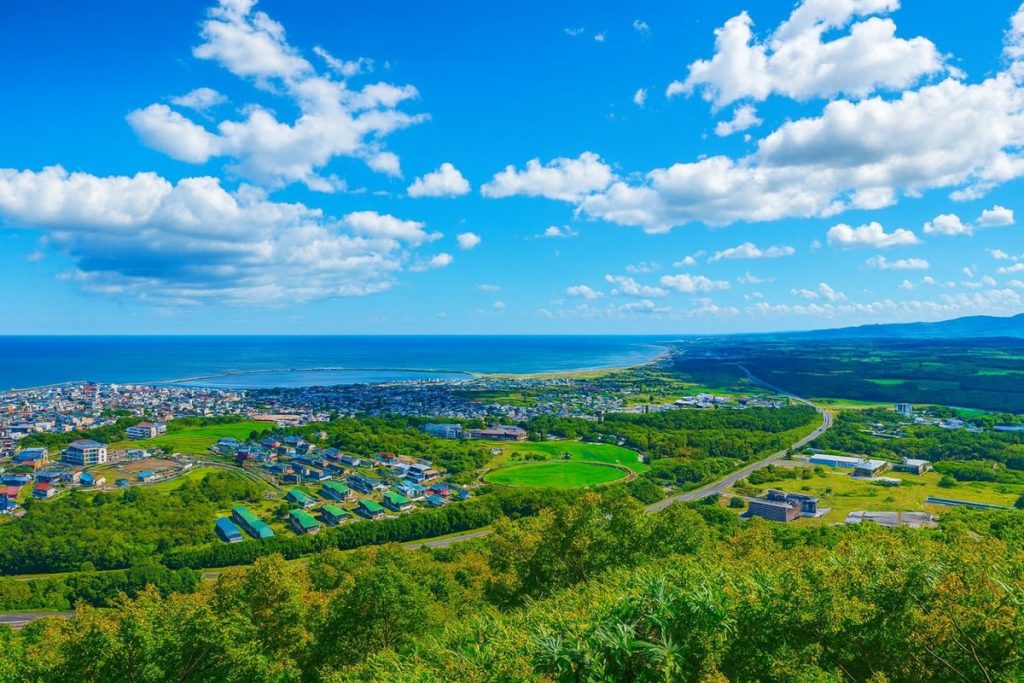| population | 2,682 peoples |
|---|---|
| area | 150.40 km² |
| population density | 17.8 peoples/km² |
Located in the central area of Hokkaido’s Sorachi region, Tsukigata Town is a place where nature and history coexist in perfect harmony. Nestled between the Ishikari River and the Mashike Mountains, this small agricultural town is known for its fertile fields, tranquil hills, and beautiful rural scenery. The town’s name originates from Kiyoshi Tsukigata, the first warden of the Kabato Prison, which was established here during the Meiji era. His efforts in land development and infrastructure building left a lasting mark on the town, which continues to honor his legacy today. Agriculture remains the backbone of Tsukigata’s economy, with rice cultivation at its core. The town also produces melons, watermelons, and other vegetables that thrive in Hokkaido’s rich soil and wide temperature range between day and night. Among its most famous local brands are the “Tsukigata Melon,” “North Queen,” and “Hokkai Kanro,” all highly regarded throughout Japan. Today, Tsukigata Town embraces its balance between tradition and modernity. Its residents live close to nature, celebrating the four seasons through local festivals and community gatherings. Visitors can enjoy the town’s calm atmosphere, delicious local foods, and the warmth of its people, making it an ideal destination for those seeking an authentic Hokkaido experience.
Cultural Traditions
Tsukigata’s culture is a blend of indigenous Ainu influences and the pioneer spirit of the Meiji-era settlers. Before development began, the area was inhabited by the Ainu, whose traditions of living in harmony with nature still echo in the town’s customs. When the Kabato Prison was established in 1881, people from all over Japan moved here, bringing with them diverse cultural elements. Over time, these influences merged to create a unique local identity rooted in agriculture and community spirit. The townspeople value sustainability and coexistence with the environment. Locally grown products such as rice, melons, and vegetables are staples of daily life, while traditional foods like “Tsukigata Jingisukan” (grilled lamb), “Kabato Tofu,” and handmade sweets represent the town’s culinary pride. Festivals play a key role in preserving community bonds. The “Tsukigata Summer Festival” enlivens the town with fireworks and performances, while the “Tsukigata Snow Festival” celebrates the beauty and endurance of Hokkaido’s winters. These events bring together generations and showcase Tsukigata’s welcoming spirit. Craftsmanship also thrives here, with local artisans producing wooden furniture and handmade crafts using regional materials. Visitors can take part in farming and dairy workshops, deepening their understanding of the town’s lifestyle and traditions.
Local Specialties
- Tsukigata Melons – “Tsukishizuku,” “North Queen”: Grown in the fertile inland climate, these melons are famous for their rich sweetness, juicy flesh, and elegant aroma. They are often sold directly at roadside stations during summer.
- Tsukigata Watermelons – “Godzilla’s Egg,” “Dynamite”: These premium watermelons are crisp, refreshing, and packed with sweetness. They are a must-try during the short Hokkaido summer.
- Hokkai Kanro: A traditional sweet simmered from local produce, offering a deep, caramel-like flavor. It represents Tsukigata’s artisanal food culture.
- “Manmaru Tomato” Juice: A 100% pure tomato juice made only from fully ripe local tomatoes. Its natural sweetness and smooth acidity make it a favorite souvenir.
- Tsukigata Jingisukan: Local lamb marinated in a rich, savory sauce and grilled over charcoal. It’s a staple of Hokkaido’s food culture and popular for barbecues.
- Kabato Tofu: Handmade tofu crafted with high-quality soybeans and pure spring water from the region. Its smooth texture and delicate flavor are widely praised.
Annual Events
- Tsukigata Summer Festival: Held in late July, this is the town’s largest event. It features stage shows, food stalls, and a spectacular fireworks display over the evening sky.
- Tsukigata Snow Festival: A beloved winter event with snow sculptures, sledding, and outdoor activities that showcase the charm of Hokkaido’s snowy landscape.
- Harvest Festival: Celebrating autumn’s bounty, this event offers freshly harvested rice, vegetables, and local cuisine prepared by residents.
- Cherry Blossom Festival (at Kairaku Park): Every May, Kairaku Park turns pink with cherry blossoms. Locals and tourists enjoy live performances and seasonal delicacies.
- Furusato Thanksgiving Festival: Held at the end of the year, this gathering expresses gratitude for the community’s prosperity. Folk performances and local food sales mark the finale of the year.
Access
- By Air: The nearest airport is New Chitose Airport, about 1 hour 40 minutes away by car. Rental cars are the most convenient way to reach Tsukigata.
- By Train: The former Ishikari-Tsukigata Station (JR Sasshō Line) was discontinued in 2020. Today, the closest stations are JR Iwamizawa or Bibai on the Hakodate Main Line.
- By Car: From the Dōō Expressway’s Iwamizawa Interchange, take Route 275 north for about 30 minutes. The drive from Sapporo takes around 80 minutes.
- By Bus: Regular services by Hokkaido Chuo Bus run from Iwamizawa Terminal to Tsukigata Town.
- By Taxi: Taxis are available from Iwamizawa or Bibai Stations. Within town, “Heart Hire” taxi company serves local routes.
Tourist Attractions
- Kairaku Park – A lakeside park with camping grounds and walking trails. Famous for cherry blossoms in spring and fireworks in summer.
- Tsukigata Onsen Yurakago – A relaxing hot spring resort surrounded by nature, offering open-air baths and local cuisine.
- Kabato Museum (Tsukigata Kabato Museum) – Housed in the former Kabato Prison headquarters, this museum preserves the history of Hokkaido’s penal and settlement system.
- Michi-no-Eki 275 Tsukigata – The roadside station where visitors can buy fresh produce, souvenirs, and the famous melon soft-serve ice cream.
- Maruyama Park (Cedar Grove) – A peaceful forest said to have been planted by prisoners in the 19th century, now a quiet place of reflection and history.
Related Links
List of Major Cities in Hokkaido
-
Complete Guide to Kushiro City, Hokkaido | Tourism, Culture, Local Products, Access Information
-
Complete Guide to Tomakomai City, Hokkaido | Tourism, Culture, Local Products, Access Information
-
Complete Guide to Abashiri City, Hokkaido | Tourism, Culture, Local Products, and Access Information
-
Complete Guide to Monbetsu City, Hokkaido | Tourism, Culture, Local Products, Access Information
-
Complete Guide to Wakkanai City, Hokkaido | Tourism, Culture, Local Products, and Access Information
-
Complete Guide to Rumoi City, Hokkaido | Tourism, Culture, Local Products, and Access Information
-
Complete Guide to Sapporo City, Hokkaido | Tourism, Culture, Local Products, Access Information
-
Complete Guide to Asahikawa City, Hokkaido | Tourism, Culture, Local Products, Access Information
-
Complete Guide to Otaru City, Hokkaido | Tourism, Culture, Local Products, and Access Information
-
Complete Guide to Muroran City, Hokkaido | Tourism, Culture, Local Products, and Access Information
-
Complete Guide to Obihiro City, Hokkaido | Tourism, Culture, Local Products, and Access Information
-
Complete Guide to Nayoro City, Hokkaido | Tourism, Culture, Local Products, and Access Information
-
Complete Guide to Chitose City, Hokkaido | Tourism, Culture, Local Products, and Access Information
-
Complete Guide to Kitami City, Hokkaido | Tourism, Culture, Local Products, Access Information
-
Complete Guide to Hakodate City, Hokkaido | Tourism, Culture, Local Products, Access Information
Sorachi General Subprefecture List
-
Which Prefecture Is Fukagawa City In? [Answer] Hokkaido | Complete Guide to Fukagawa City (Sightseeing, Culture, Local Products & Access)
-
Complete Guide to Uryu Town, Hokkaido | Tourism, Culture, Local Products, and Access Information
-
Complete Guide to Naganuma Town, Hokkaido | Tourism, Culture, Local Products, and Access Information
-
Complete Guide to Akabira City, Hokkaido | Tourism, Culture, Local Products, and Access Information
-
Complete Guide to Ashibetsu City, Hokkaido | Tourism, Culture, Local Products, and Access Information
-
Complete Guide to Bibai City, Hokkaido | Tourism, Culture, Local Products, and Access Information
-
Complete Guide to Chippubetsu Town, Hokkaido | Tourism, Culture, Local Products, and Access Information
-
Complete Guide to Sunagawa City, Hokkaido | Tourism, Culture, Local Products, and Access Information
-
Complete Guide to Yuni Town, Hokkaido | Tourism, Culture, Local Products, and Access Information
-
Complete Guide to Takikawa City, Hokkaido | Tourism, Culture, Local Products, and Access Information
-
Complete Guide to Urausu Town, Hokkaido | Tourism, Culture, Local Products, and Access Information
-
Complete Guide to Numata Town, Hokkaido | Tourism, Culture, Local Products, Access Information
-
Complete Guide to Utashinai City, Hokkaido | Tourism, Culture, Local Products, and Access Information
-
Complete Guide to Kuriyama Town, Hokkaido | Tourism, Culture, Local Products, Access Information
-
Complete Guide to Tsukigata Town, Hokkaido | Tourism, Culture, Local Products, and Access Information
